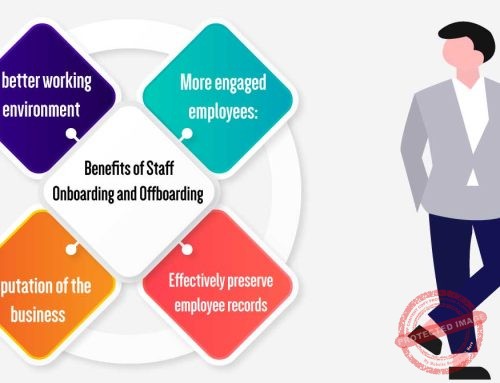Company incorporation is the legal process of forming a new corporation. This process involves registering a business as a separate legal entity with the state or jurisdiction where it will operate.
Incorporation provides several benefits to business owners, including limited liability protection, the ability to raise capital, and tax advantages.
There are several types of incorporation, including C-corporations, S-corporations, and limited liability companies (LLCs). Each type of incorporation has different advantages and disadvantages, and the choice will depend on the specific needs of the business.
Incorporating a business can be a complex process, requiring compliance with legal requirements, filing of the appropriate paperwork, and payment of fees.
Overall, company incorporation is an important step for businesses looking to protect their assets, raise capital, and achieve long-term success.
Is Company Incorporation Right for Your Business
1. Legal Protection
Incorporating your business can provide limited liability protection, separating your personal assets from those of the company.
2. Tax Advantages
Incorporating your business can provide tax advantages, such as lower tax rates and the ability to deduct certain expenses. However, the tax benefits will depend on the specific type of incorporation you choose and your business’s financial situation.
3. Raising Capital
Incorporating your business can make it easier to raise capital through the sale of stocks or other investments.
4. Business Growth
Incorporating your business can provide a more formal structure for growth and expansion, making it easier to attract investors and obtain loans.
5. Costs and Complexity
Incorporating your business can be complex and expensive, requiring compliance with legal requirements, filing of the appropriate paperwork, and payment of fees.
6. Personal Finances
Incorporating your business may require you to invest personal funds or assets, and can impact your personal credit or financial situation.
Capitalization and Financing: Raising Funds for Your Company
Capitalization and financing are essential components of company incorporation, as they provide businesses with the necessary funds to start and grow their operations.
Equity financing involves selling ownership in the company, usually in the form of stocks or shares, to raise funds. Debt financing involves borrowing money from lenders and paying it back with interest.
Crowdfunding involves raising funds from a large number of individuals through online platforms, while grants involve raising funds through government or private organizations.
When raising funds for your company, it is important to have a clear plan for how the funds will be used and how they will be repaid or returned to investors.
Businesses should also consider the potential impact on ownership and control. As well as the risks and rewards of each financing option.
Overall, capitalization and financing are critical components of company incorporation, and businesses should carefully consider their options before choosing a financing strategy.
The Future of Company Incorporation
The future of company incorporation is expected to see continued growth and adoption of technology, as well as increased demand for services that address social and environmental responsibility.
1. The global company incorporation services market is expected to grow at a compound annual growth rate (CAGR) of 7.4% from 2021 to 2028.
2. The Asia-Pacific region is expected to see significant growth in company incorporation, driven by factors. Such as rising entrepreneurship and government support for small businesses.
3. The adoption of technology, such as cloud-based software and artificial intelligence, is expected to streamline the company incorporation process and reduce costs.
4. The COVID-19 pandemic has accelerated the shift towards remote work and online business operations, leading to increased demand for online company incorporation services.
5. The trend towards social and environmental responsibility is expected to drive demand for incorporation services. That provide social and environmental impact assessments and sustainability reporting.

Advantages Of Company Incorporation
1. Limited Liability Protection
Incorporating your business creates a separate legal entity, which can protect the personal assets of owners and shareholders from business-related debts and lawsuits.
2. Credibility and Professionalism
Incorporating your business can provide credibility and professionalism, making it easier to attract investors, customers, and partners.
3. Business Continuity
Incorporating your business can provide a more formal structure for business operations, making it easier to transfer ownership or sell the company if necessary.
4. Greater Flexibility
Incorporating your business can provide greater flexibility in terms of ownership and management structure, making it easier to adapt to changing business needs.
5. Perpetual Existence
An incorporated business has perpetual existence, meaning that it continues to exist even if the owners or shareholders change or pass away.
Final Thought
Incorporating your business is a significant decision that can provide several advantages. Including limited liability protection, credibility and professionalism, tax benefits, and also easier access to capital.
However, the process of company incorporation can be complex and require compliance with legal requirements, filing of the appropriate paperwork, and payment of fees.
Overall, incorporating your business is an important step towards achieving long-term success and growth. And can provide several advantages that can help your business thrive in today’s competitive marketplace.






